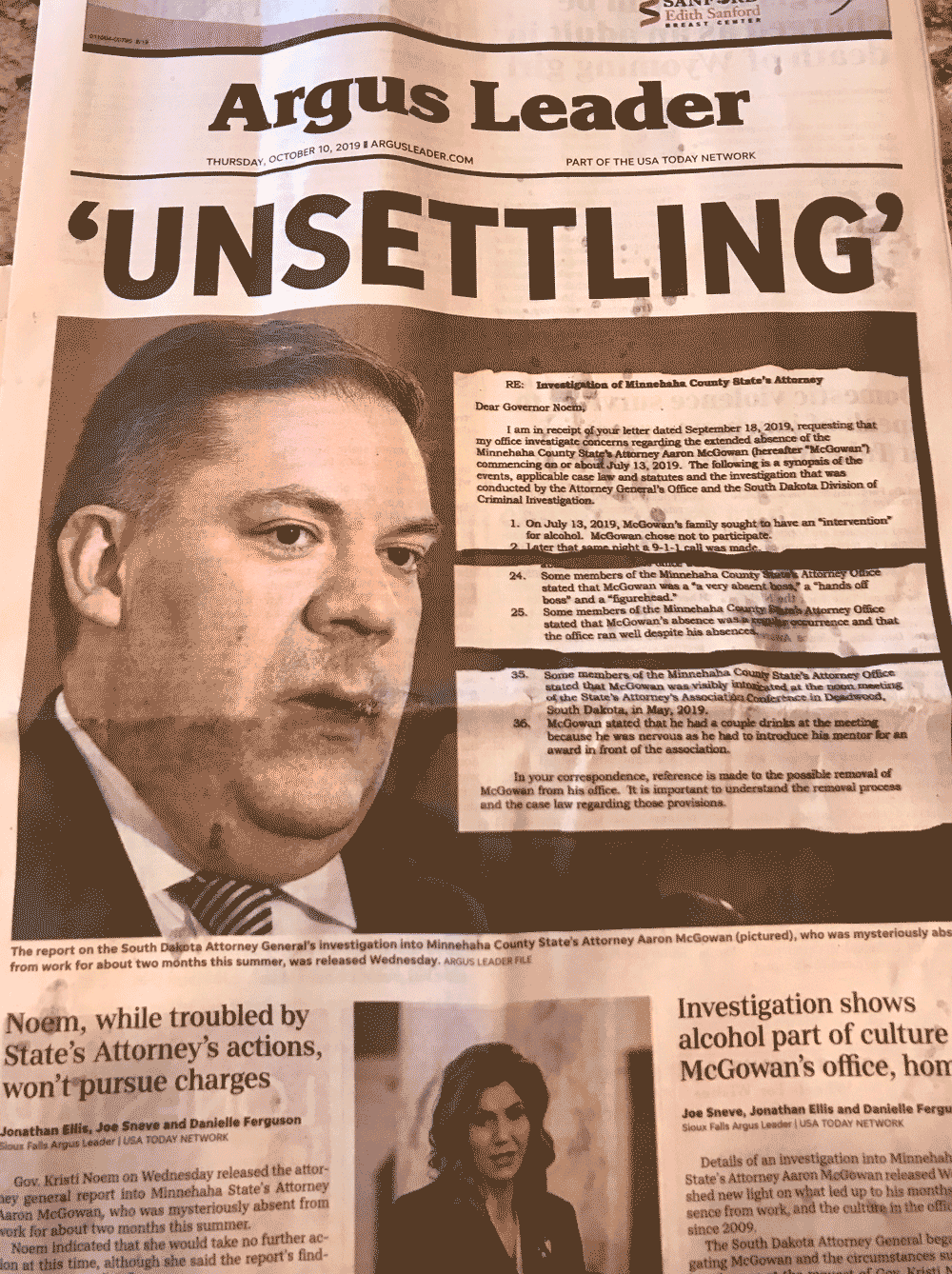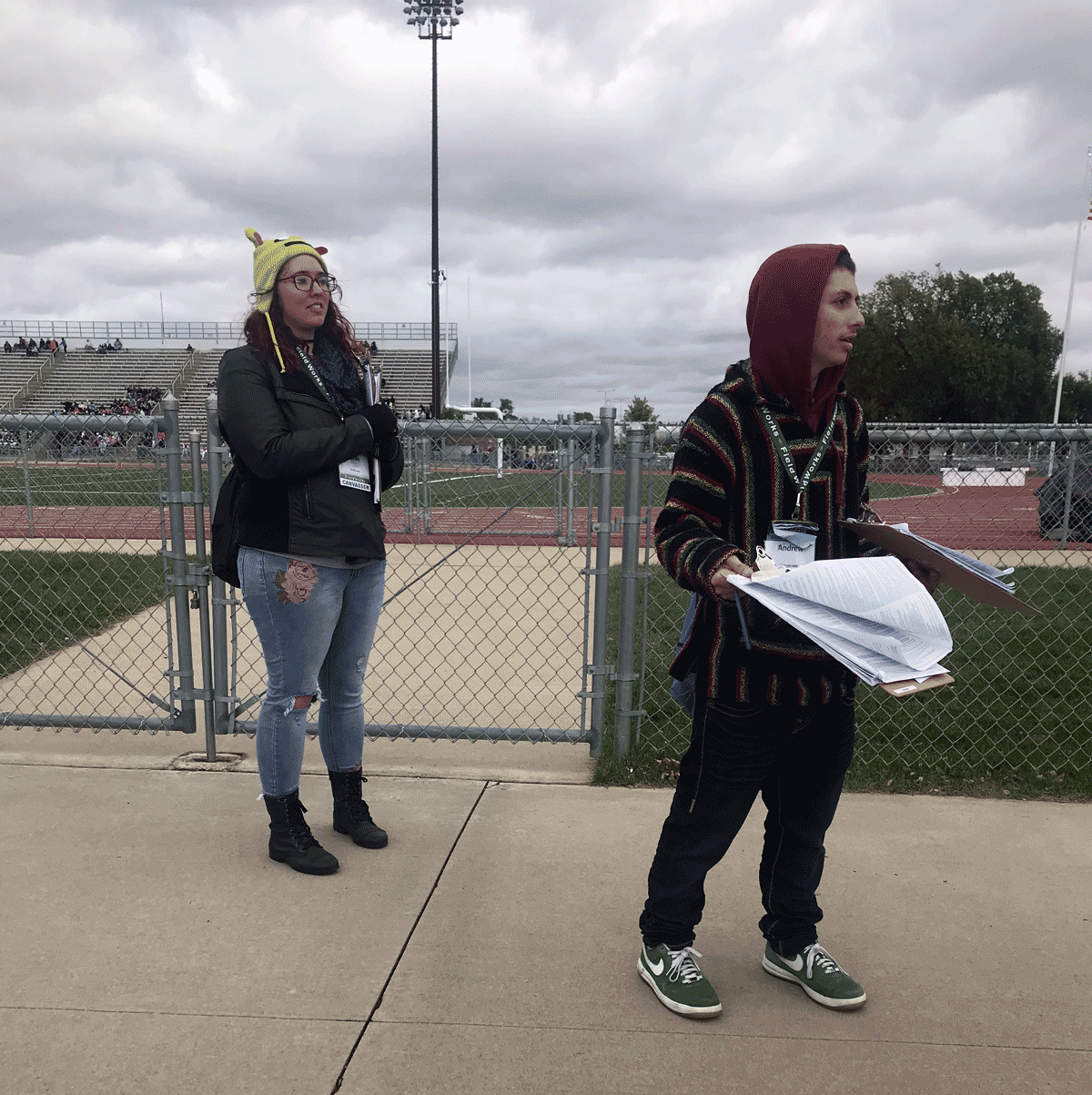

President Trump Approves Third South Dakota Disaster Request
PIERRE, S.D. – Governor Kristi Noem today announced that President Trump has approved the State’s request for a third Presidential Disaster Declaration, covering the damage done by severe storms, tornadoes, and flooding that occurred June 30-July 21.
The declaration will allow federal money to be used to help local government entities recover from infrastructure damage in Butte, Gregory, Kingsbury, Lawrence, Meade, and Tripp counties, as well as the Cheyenne River and the Lower Brule Indian Reservations. A preliminary assessment of the damage was estimated to be $2.5 million.
“Many counties have been plagued by heavy rainfall and flooding time and time again this year,” said Noem. “I appreciate that the President and FEMA continue to understand the impact these storms and heavy rains have had on South Dakota and are willing to help us recover.”
In her request for a disaster declaration, Noem told the President that many areas had experienced record rainfall which resulted in flooding of roads and other infrastructure. Confirmed tornadoes and high winds caused property damage in other areas. She said two of the state’s major industries, agricultural and tourism, have been impacted.
“As you can see, South Dakota has been battered by storm after storm that continue to further erode our valuable public infrastructure,” wrote the Governor.
This is the third federal disaster declaration for South Dakota this year. South Dakota received a federal disaster declaration in June for severe winter storms and flooding that occurred March 13-April 26 and that affected 58 counties and three reservations. A second disaster declaration for the period of May 26-June 7 was approved in September for flooding and storms that occurred in 25 counties and two reservations.
FEMA officials are now in South Dakota working on the first two federal disaster declarations and will continue to work on the third. More details on the process for the third disaster declaration will be announced at a later date.
###







